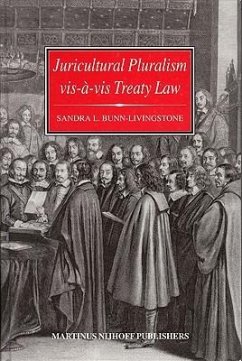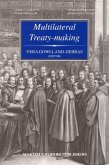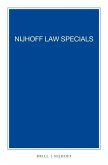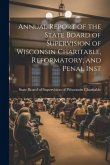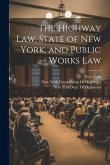The way in which 'legal' culture has been defined in the past has limited comparative processes to law itself. The author proposes a new term, 'juriculture', defined as 'the axiological and behavioural formula which pertains to the law.' This new definition provides a comparative tool which focuses on ontological and epistemological bases of law and concomitant legal theories which are distilled from these philosophical bases, in addition to primary and secondary rules, and written laws. This book tackles the crucial issue of how divergent individual, State, and Regional cultures impact the international legal system in the law and State practice vis-à-vis treaty interpretation and reservations. An empirical analysis of cases in the Iran-U.S. Claims Tribunal and six human rights' treaties demonstrate that beyond weak juricultural pluralism, which the international legal system provides for, there is also strong juricultural pluralism, which is not envisaged by the system. This highlights the tension between universality and diversity in both primary and secondary rules, and international law itself. This book is a must for those interested in human rights, treaty law, culture, and legal theory. 'It is very much to Dr. Bunn-Livingstone's credit that she has both seen this crucial problem of modern international treaty law and has set about studying it and dissecting its implications for practice, and the ways in which a degree of legal pluralism in both its weak and strong forms are present in the current international legal system. It is not a task which many international lawyers have shown much appetite to tackle. But that renders this contribution to our knowledge the more important.' From the Foreword by Sir Robert Y. Jennings, QC
Hinweis: Dieser Artikel kann nur an eine deutsche Lieferadresse ausgeliefert werden.
Hinweis: Dieser Artikel kann nur an eine deutsche Lieferadresse ausgeliefert werden.
